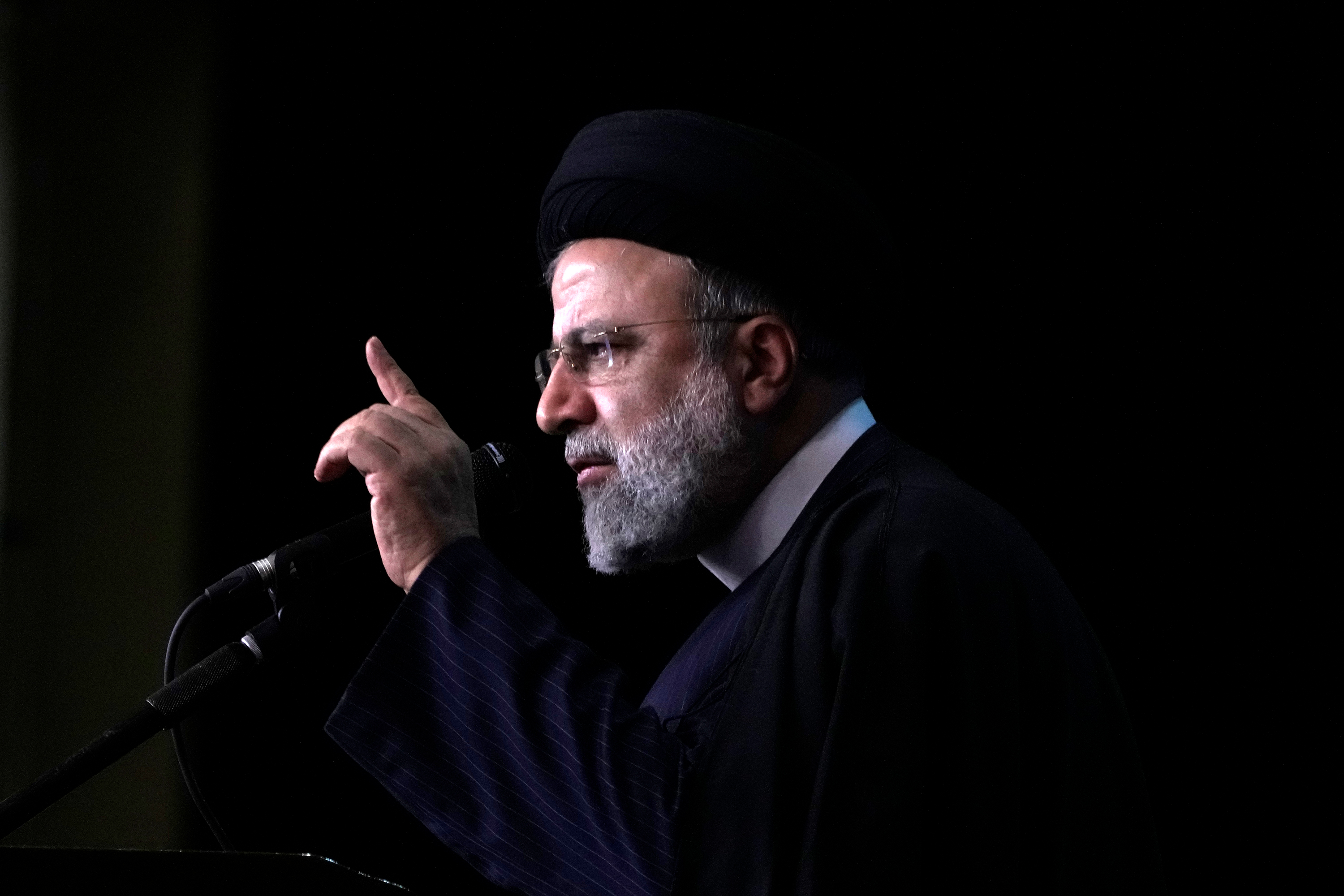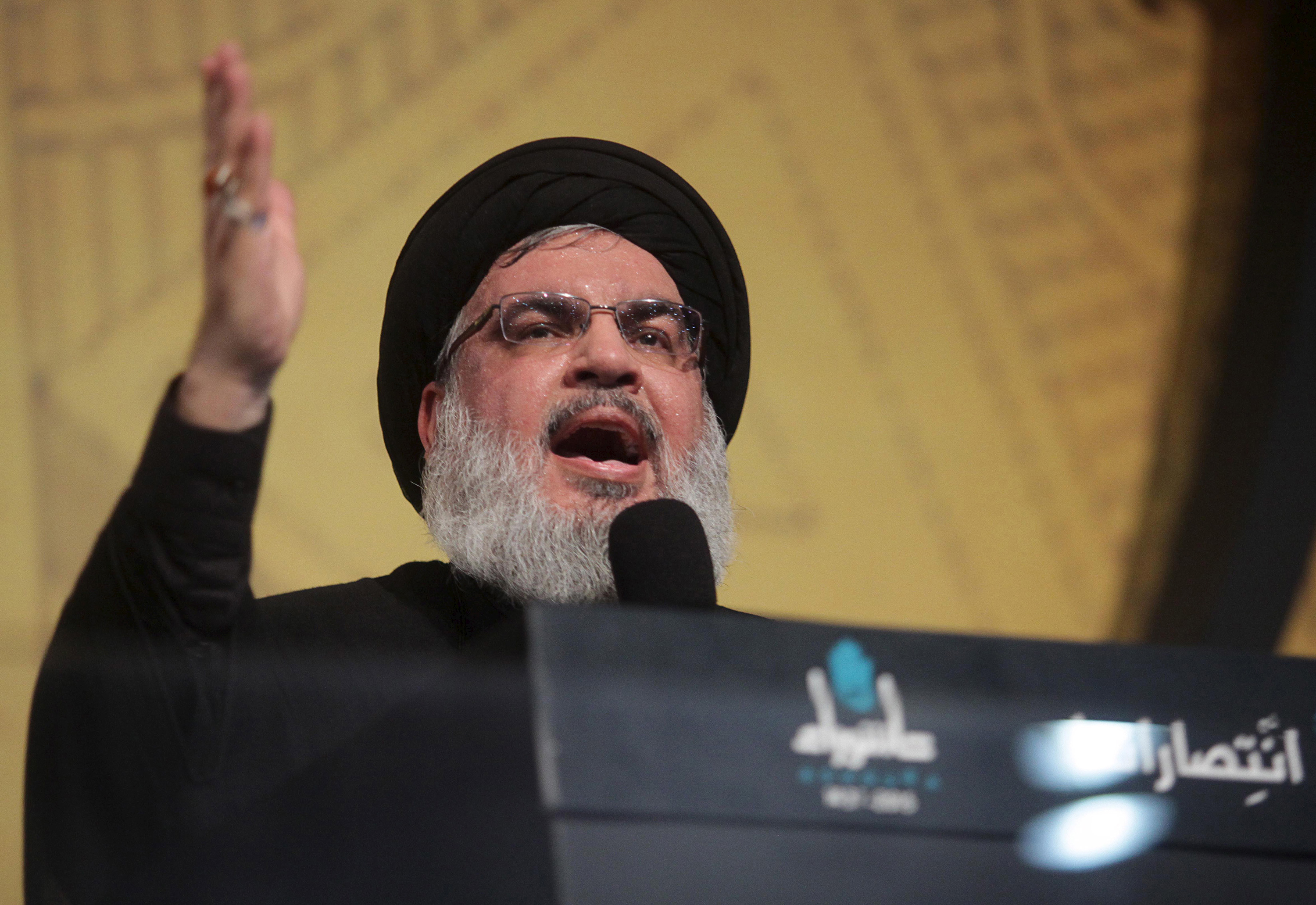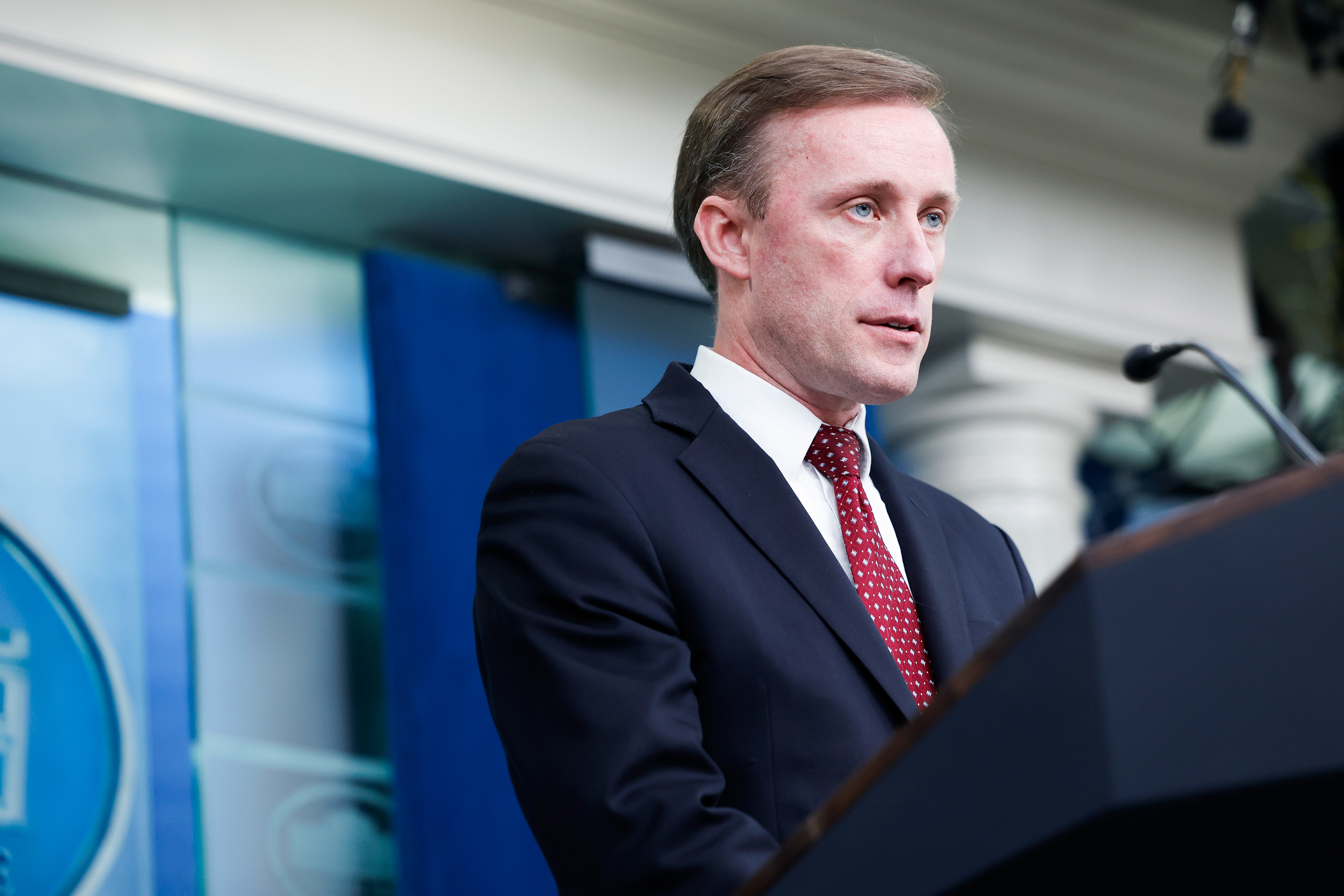
Iran's President Ebrahim Raisi blamed Israel for twin explosions that killed more than 100 people during a memorial ceremony in southeastern Iran on Wednesday.
"I warn the Zionist regime: Do not doubt that you will pay a heavy price for this crime and the crimes you have committed," Raisi said in a televised speech.
Raisi, who is the head of the Iranian government, warned that Israel's punishment will be "regrettable and severe."
The Israeli military told CNN it had "no comment" on the explosions in Iran. No group has claimed responsibility for the blasts which Iran has called a "terror attack."
US State Department spokesperson Matt Miller told reporters Wednesday that the US does not "have any independent information" about the explosions, and that the State Department has “no reason to believe that Israel was involved.”
Some background: The blasts, at least one of which was caused by a bomb, according to Iranian state TV, came on the fourth anniversary of the death of military commander Qasem Soleimani.
The first explosion was 2,300 feet (700 meters) from Soleimani’s grave, and the second was 0.6 miles (1 kilometer) away as pilgrims visited the site, Iranian media said.
Soleimani was killed by a US airstrike ordered by former President Donald Trump at Baghdad International Airport four years ago Wednesday.





